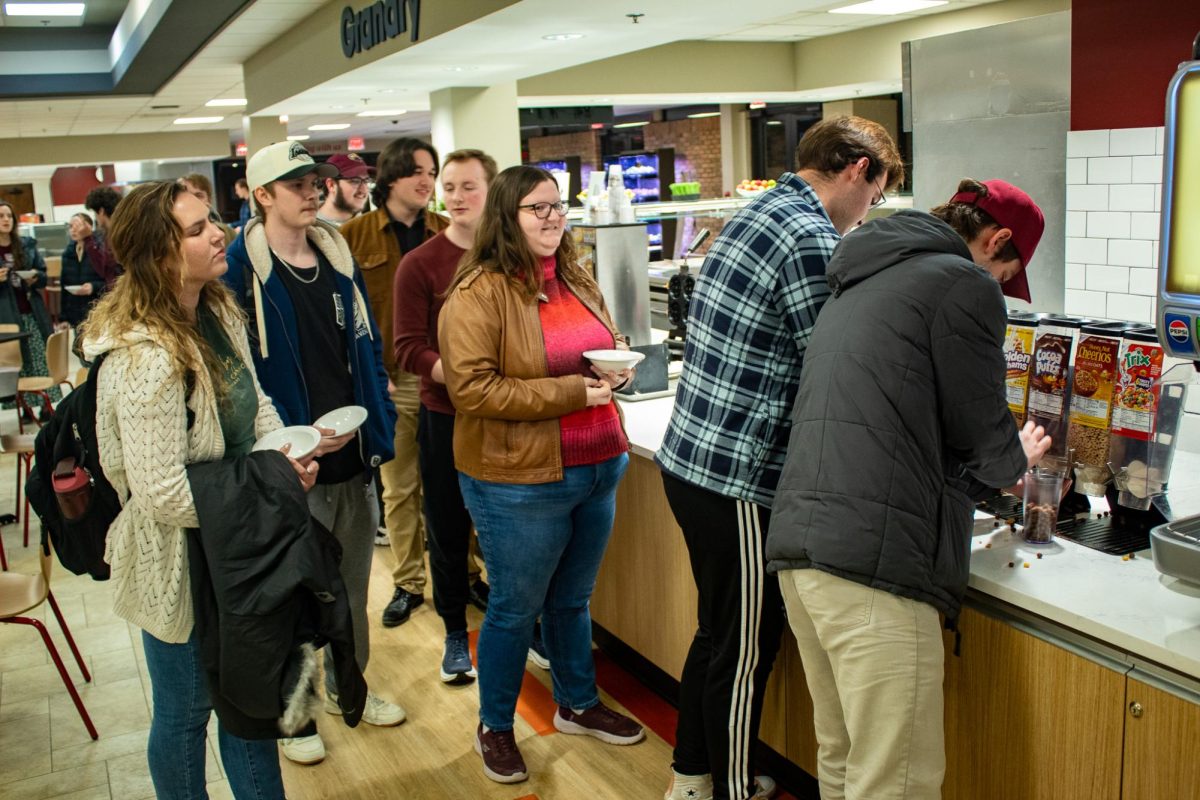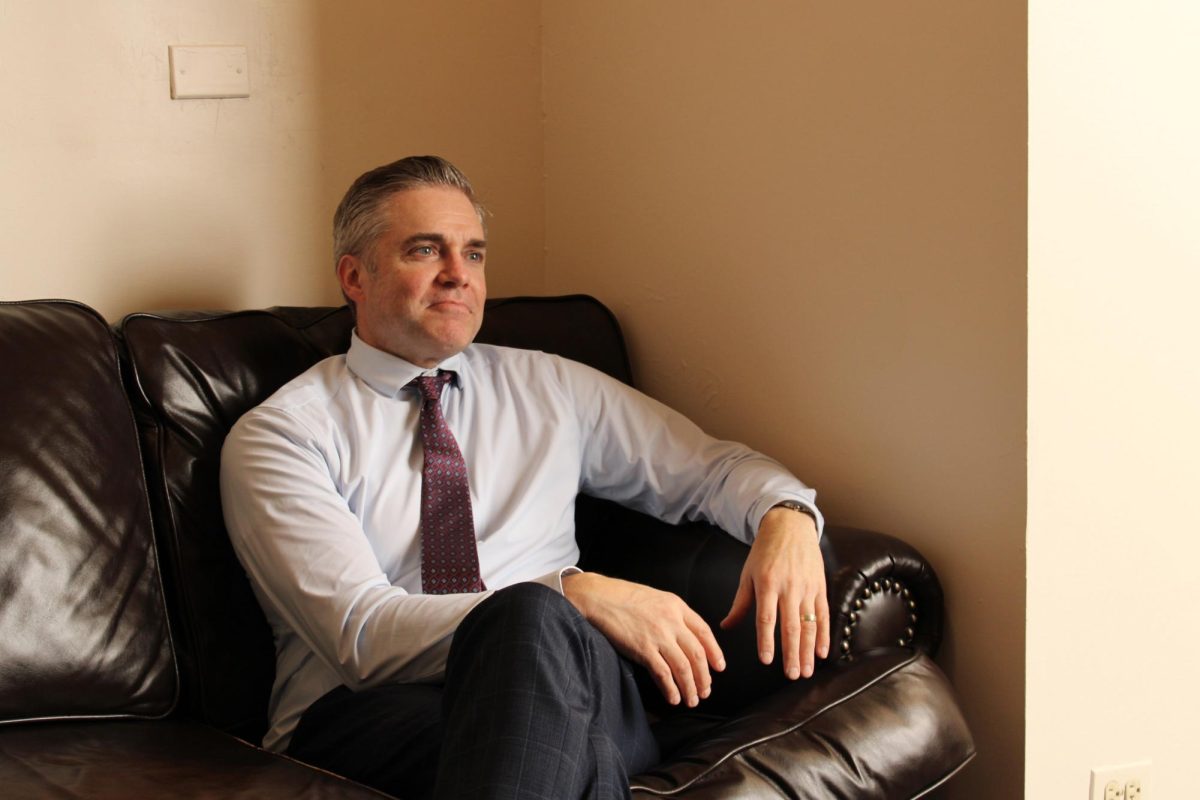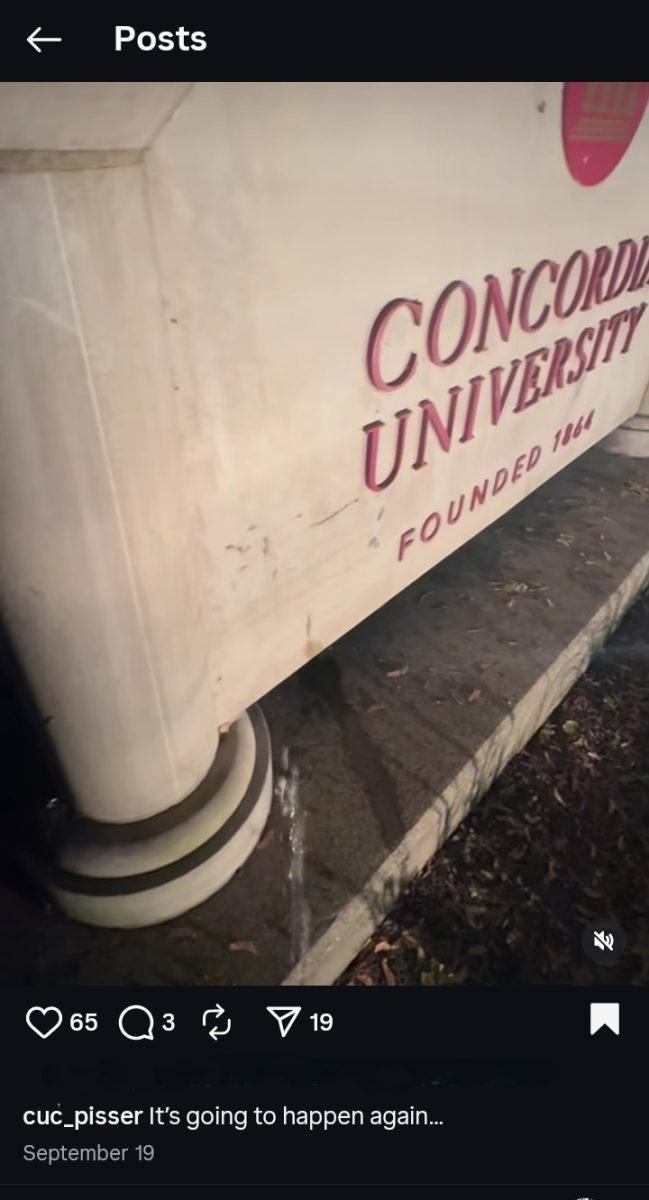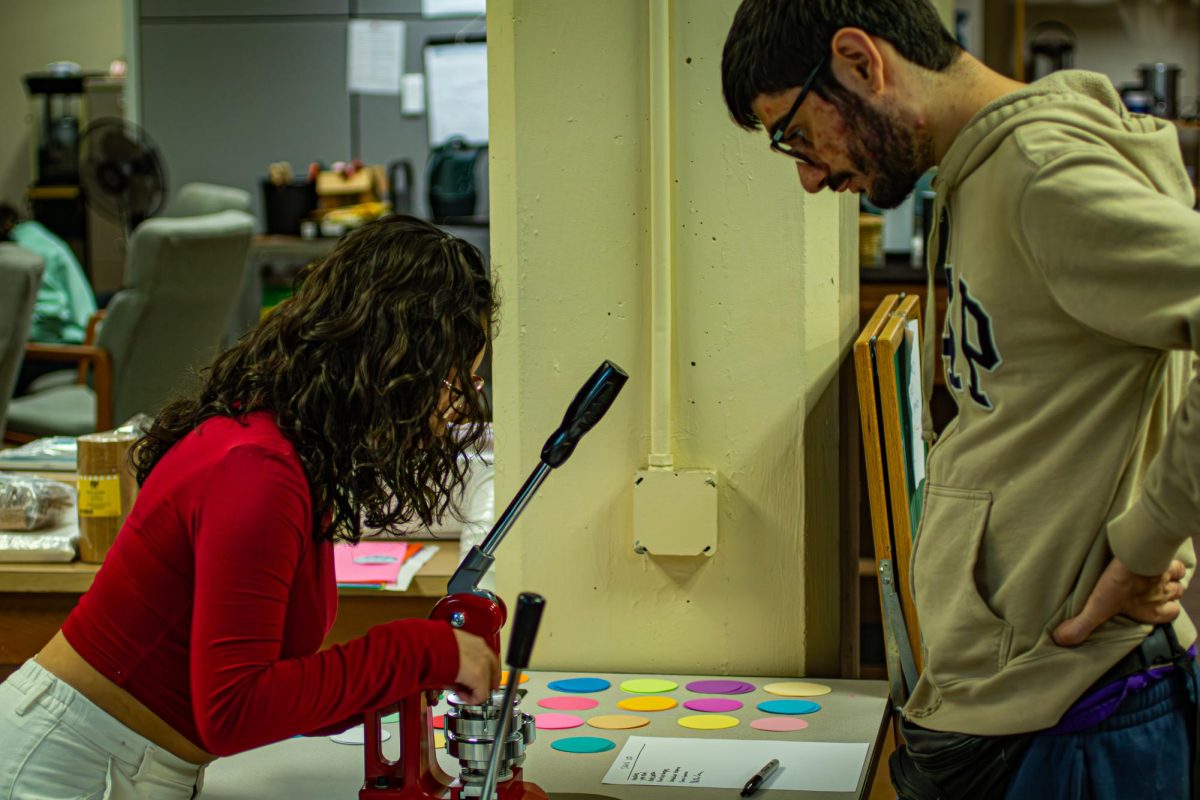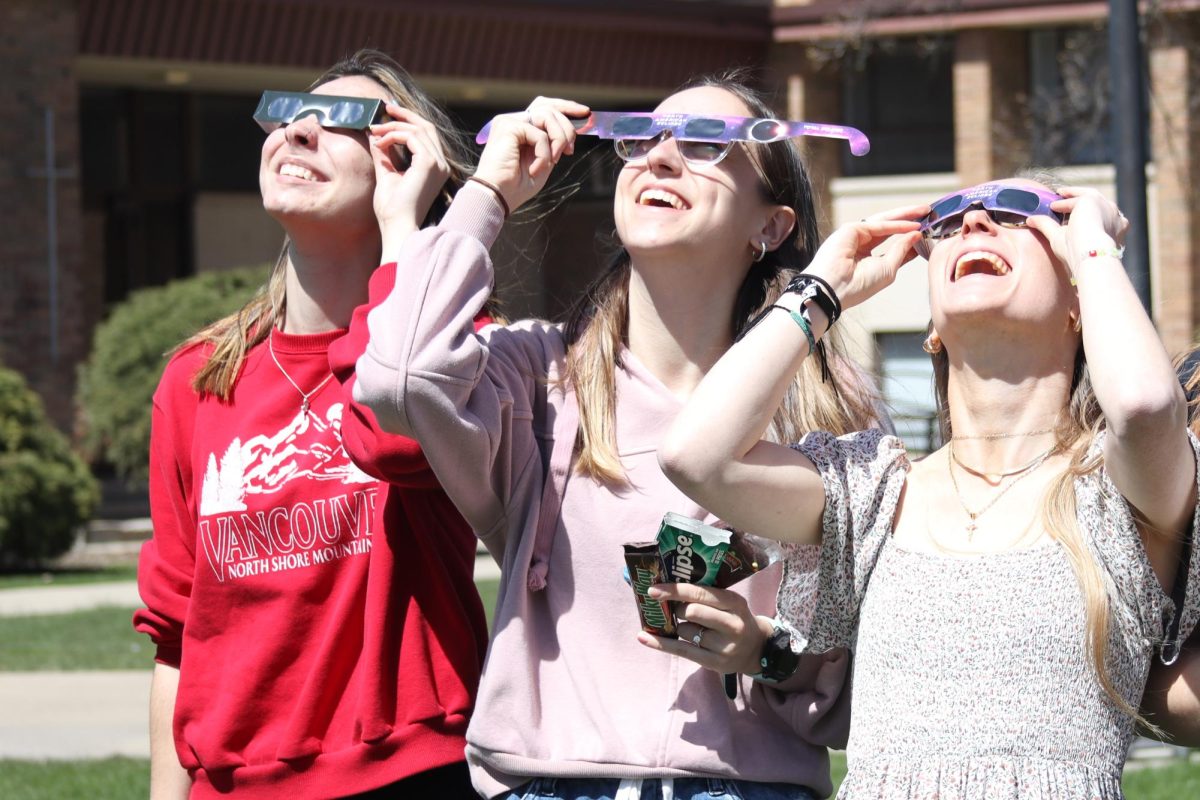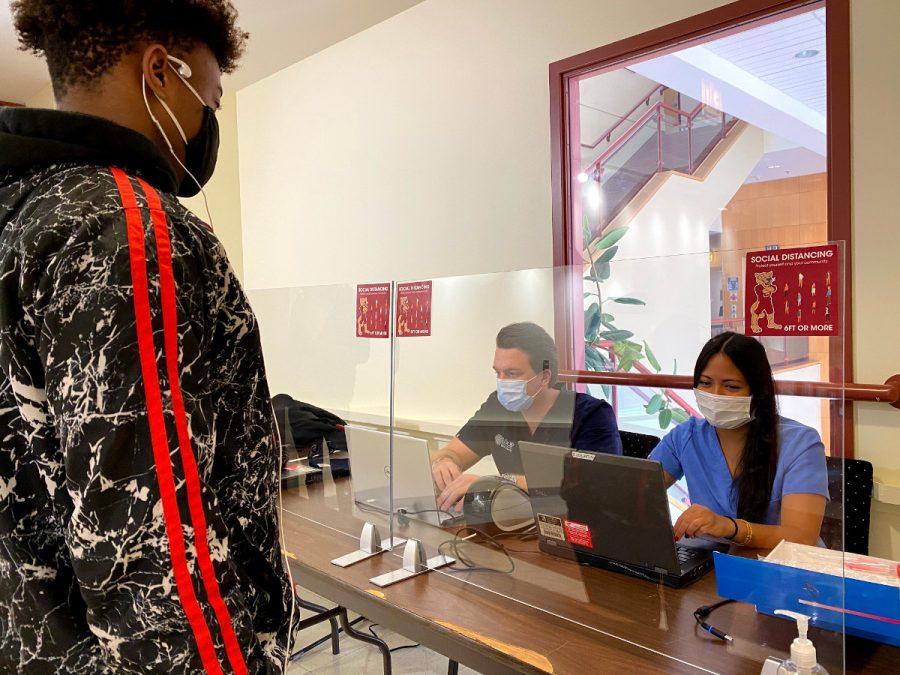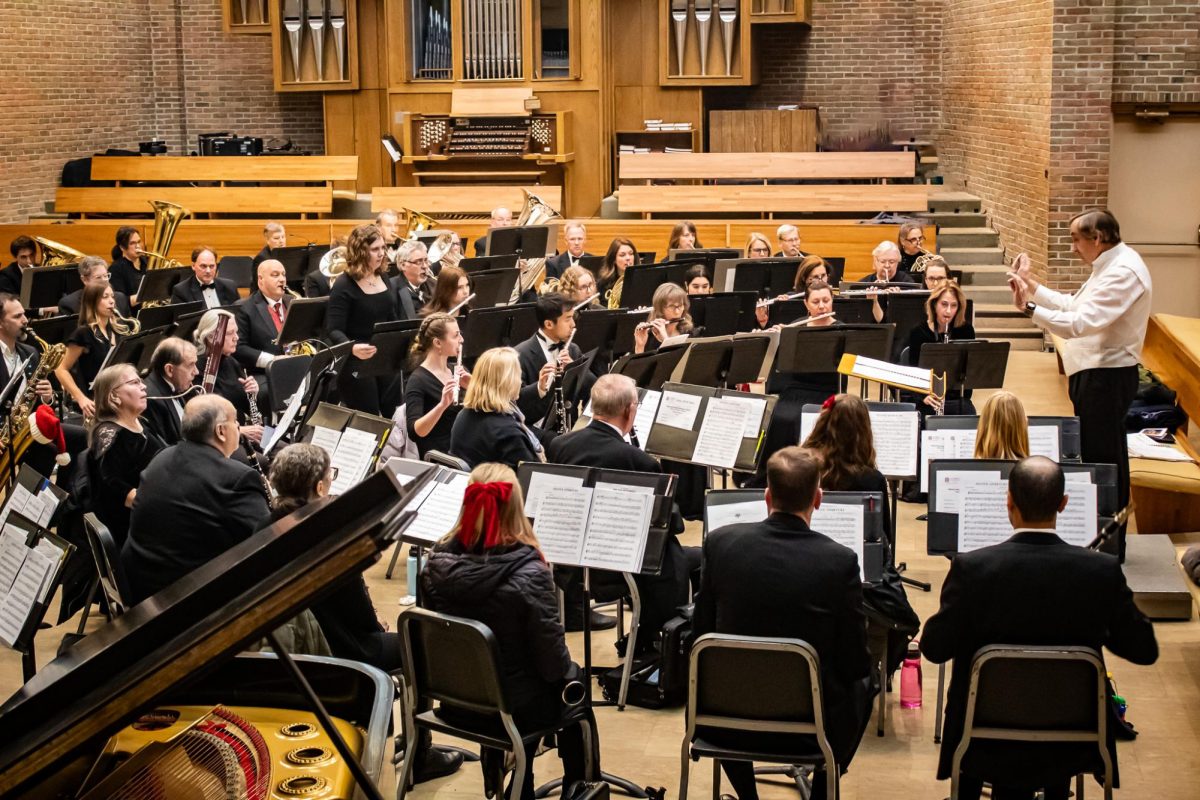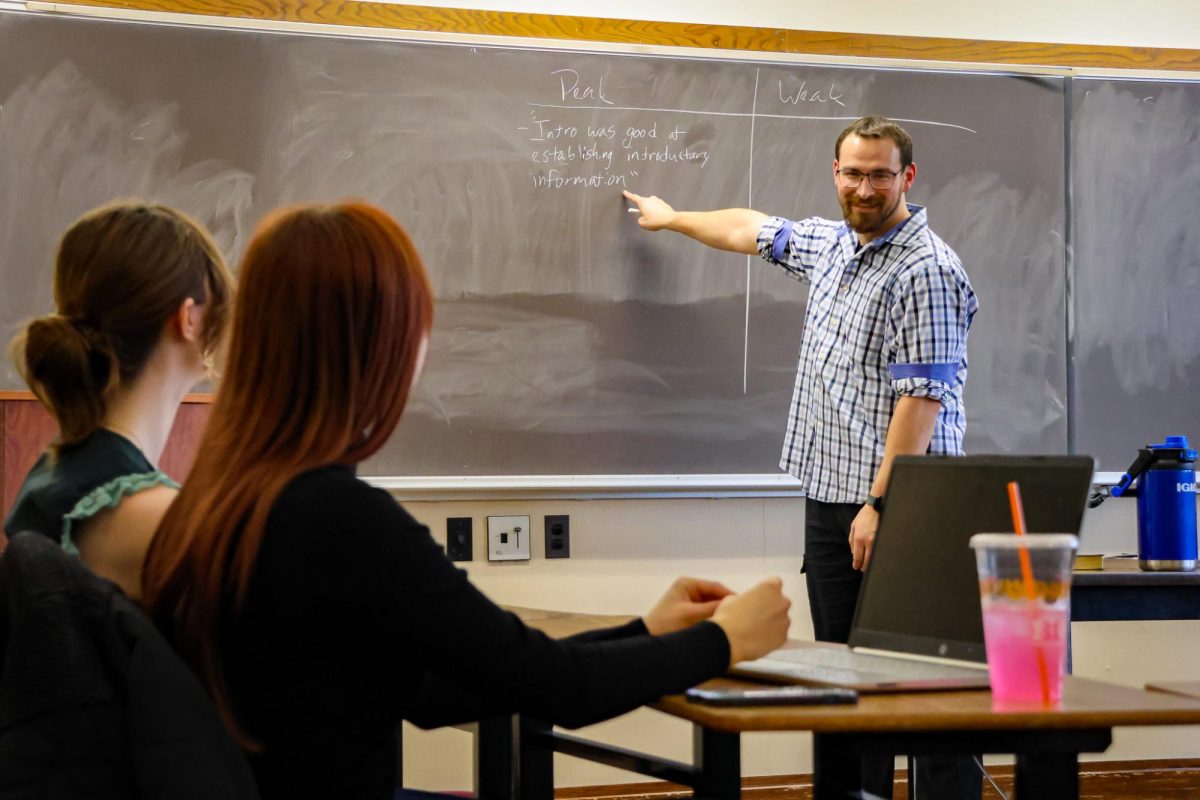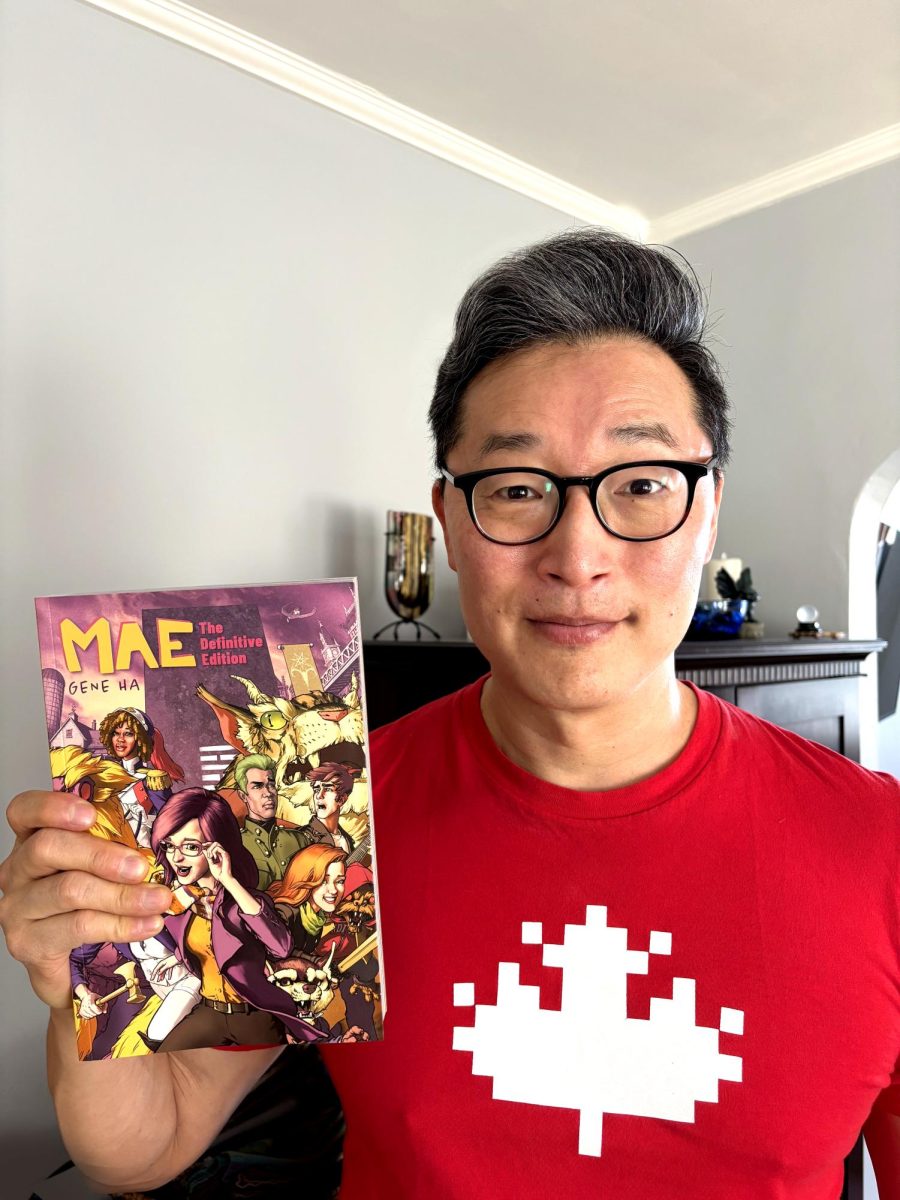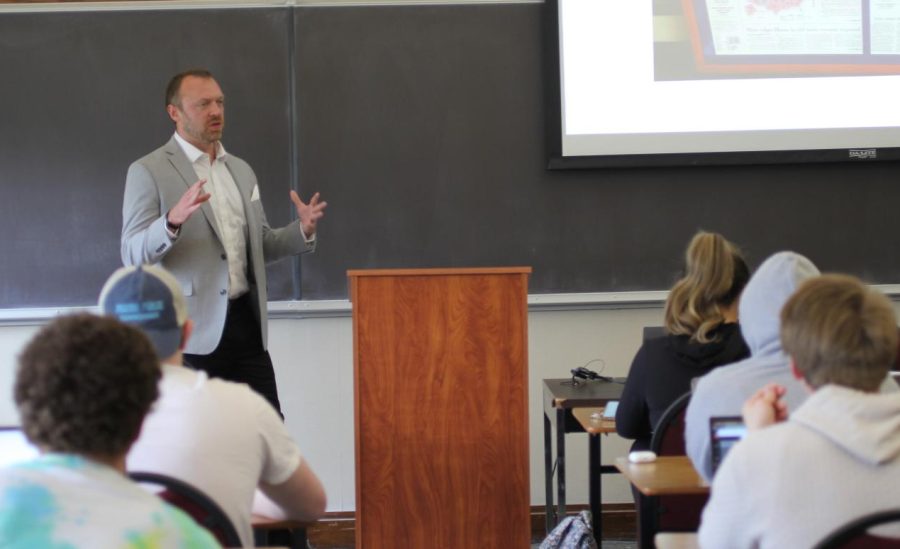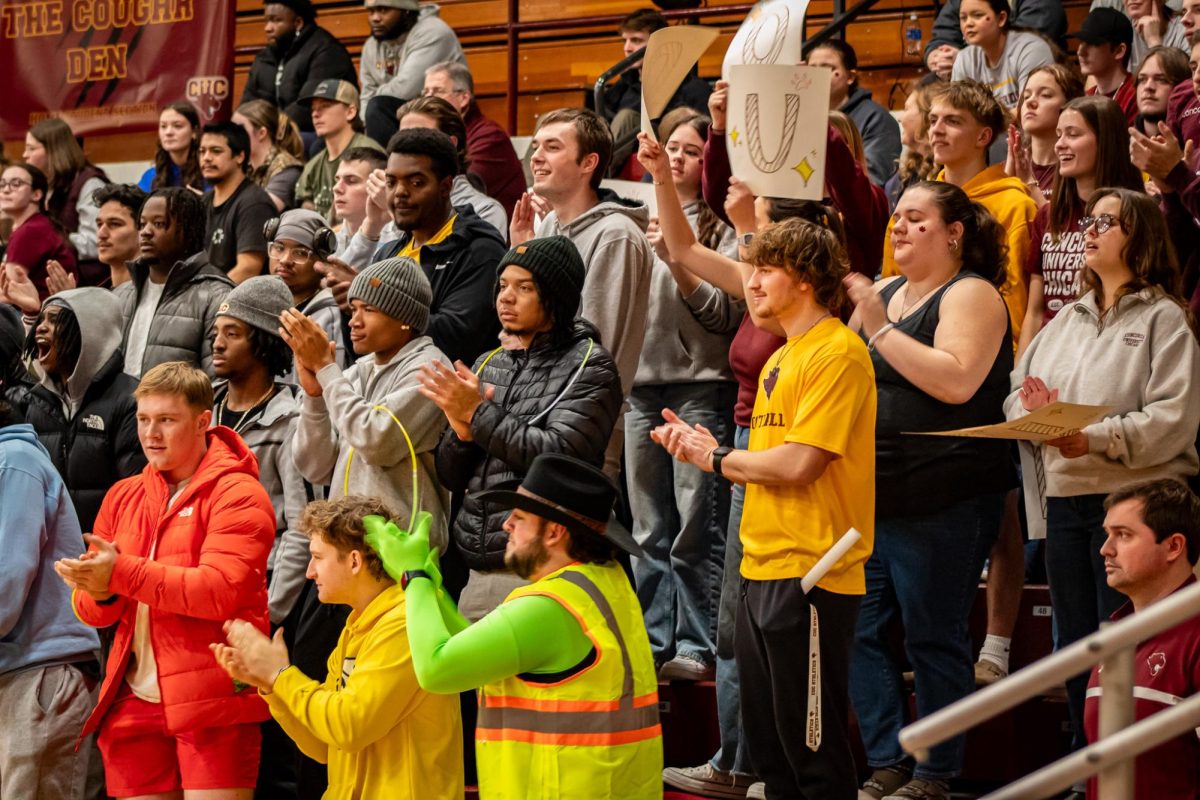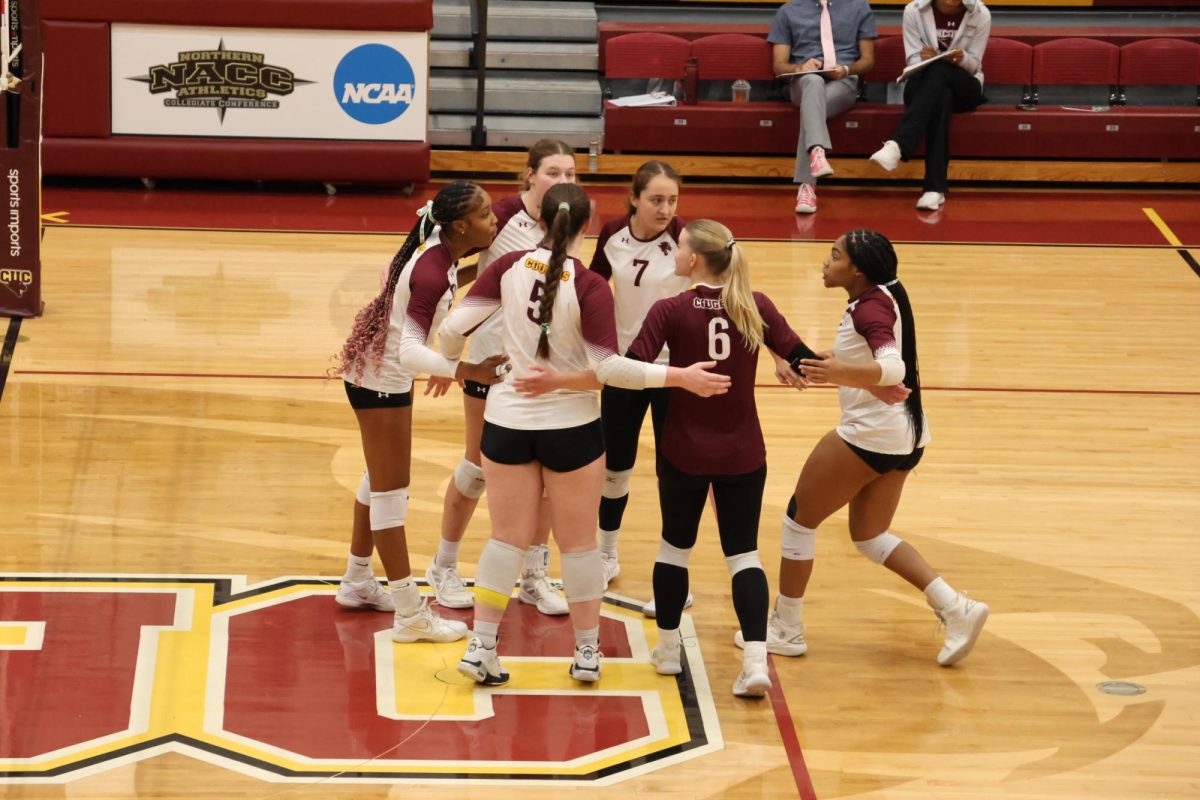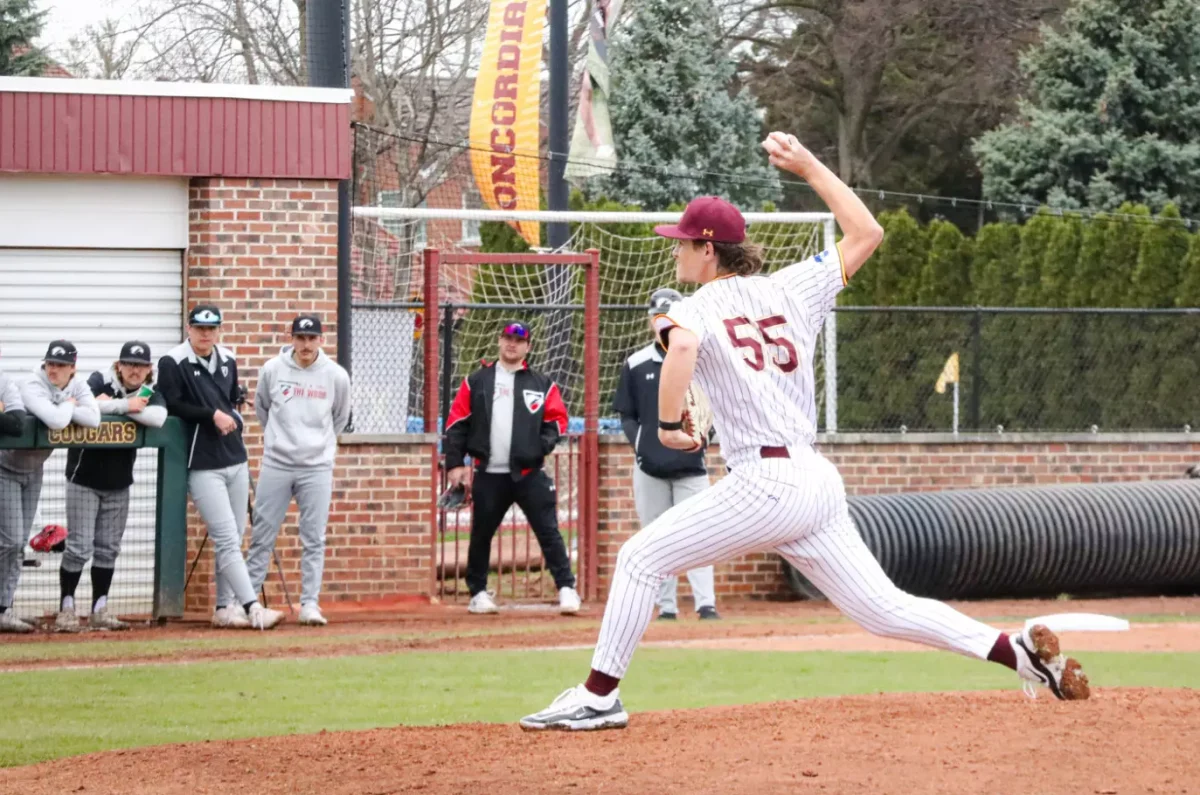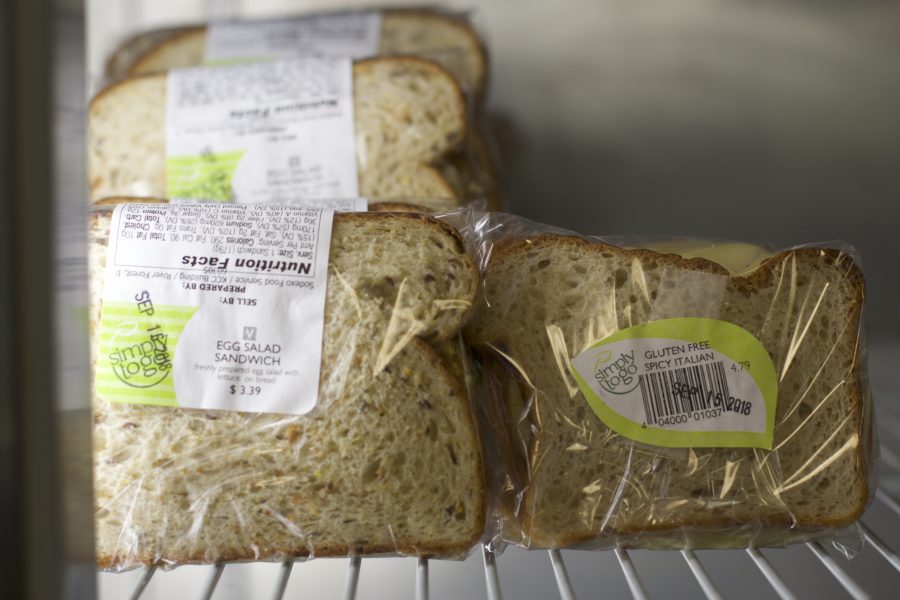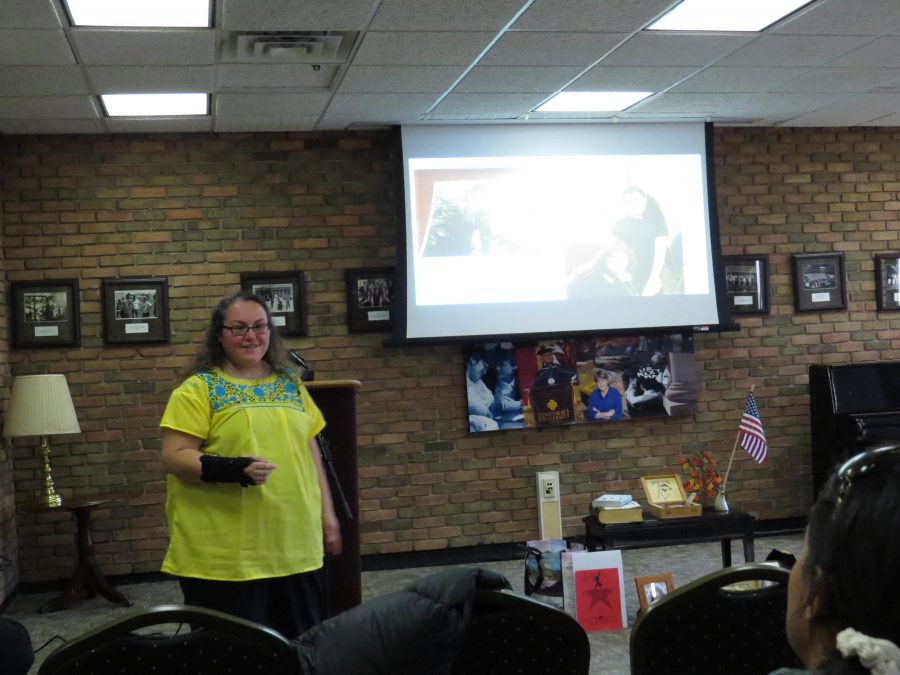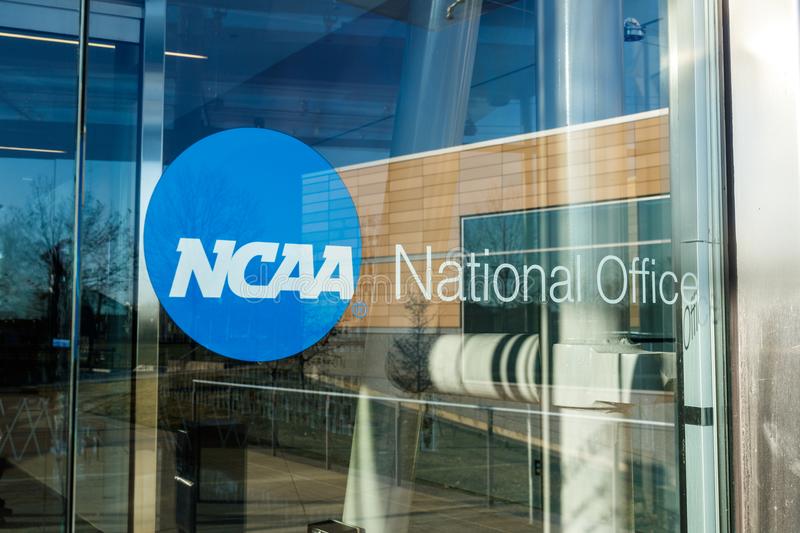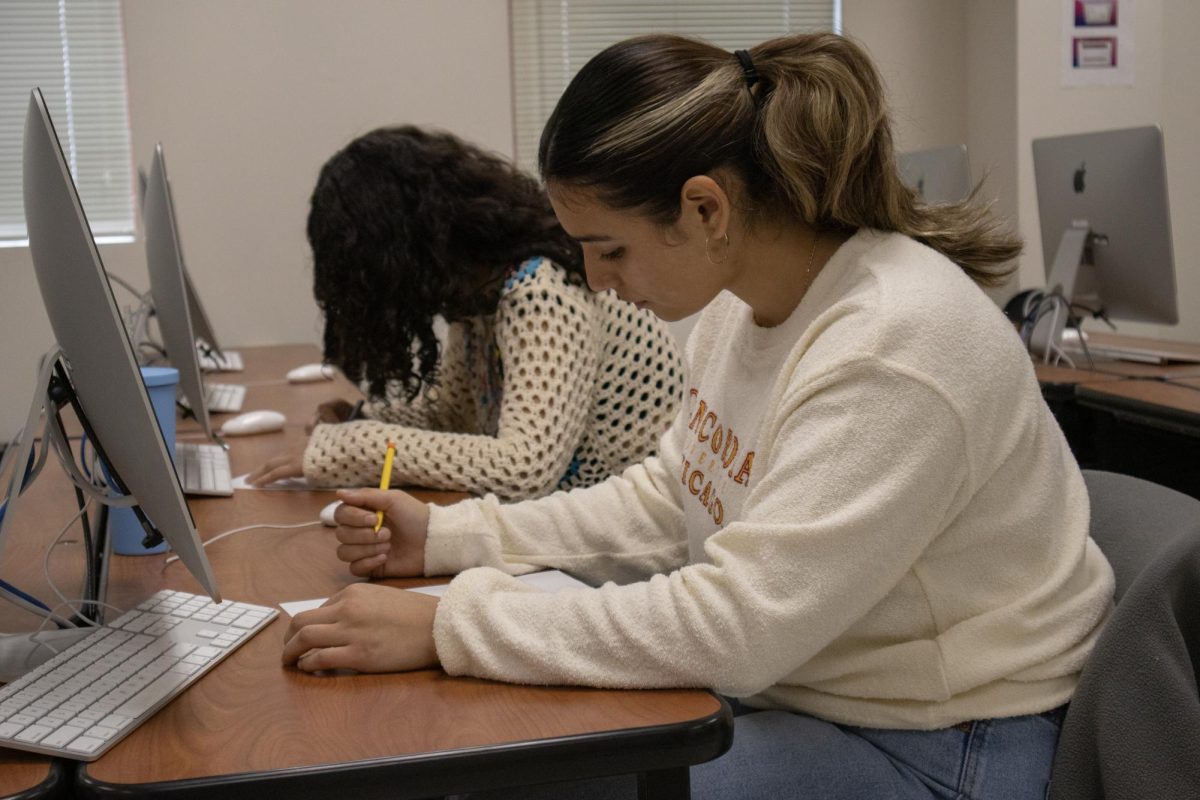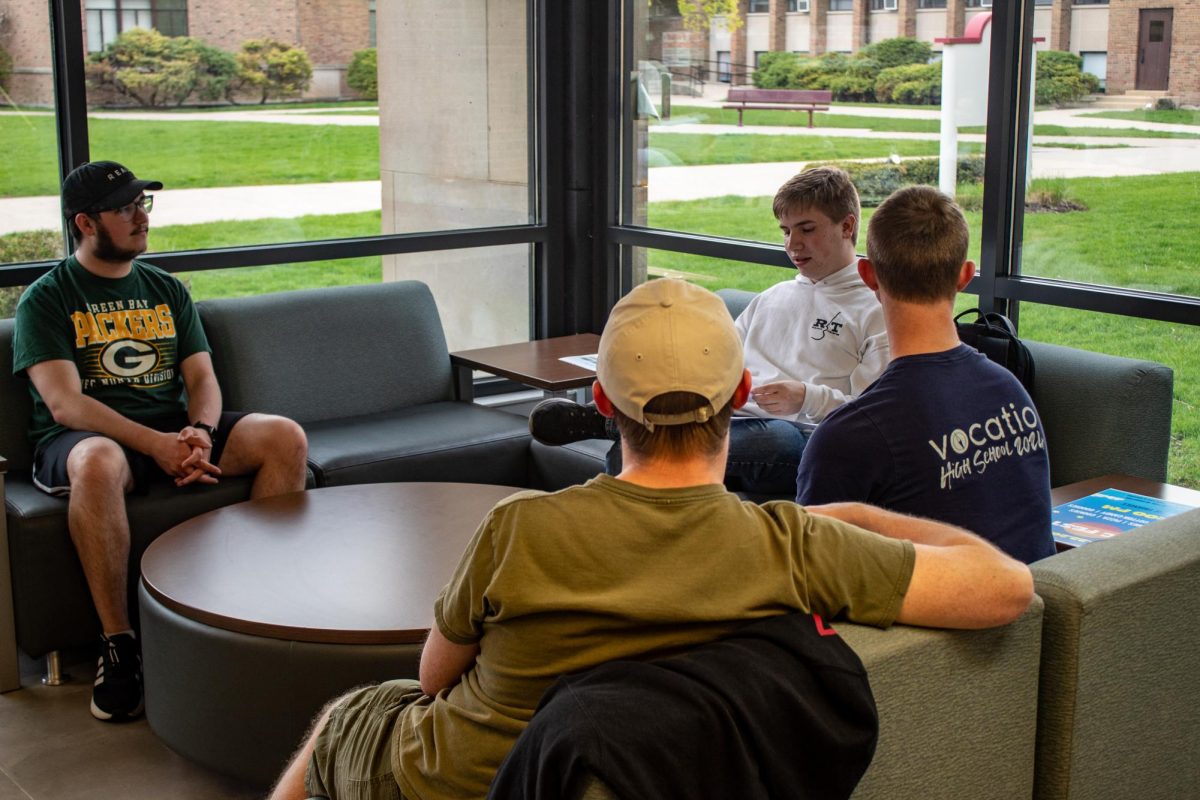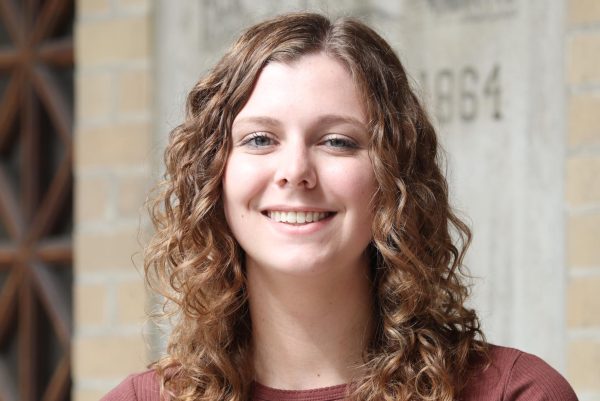Some students may love the comfort and convenience of online final exams, or simply ending the course with a final project submitted online during the last week of regular classes. This may become thing of the past, however, after a recent update to Concordia University Chicago’s final exam policy.
The CUC Faculty Senate voted unanimously on Dec. 11 to accept a proposed policy requiring the physical presence of students during the allotted final examination time. The policy will be in effect for the final exams held at the end of this Spring semester.
The new policy says: “Each instructor shall either give an examination or conduct an appropriate culminating activity during the final examination period that requires the physical presence of the class.”
The policy that was previously in effect said: “Each instructor shall give an examination or an appropriate culminating activity during the scheduled final examination period.”
While university policy previously required instructors to have an activity during the final exam period, this did not always happen. Some professors held the final on the last normal day of class, with others assigning projects or papers that could be turned in remotely.
Additionally, the previous final exam policy was written at a time when all undergraduate classes took place on campus and in person. Today this is not the case, with many students enrolled in online, asynchronous, or 8-week courses, so the clarifying words “16-week synchronous courses” were also added.
“While some wording has been added, the basic premise of the original policy has not changed,” said faculty senate chair Debbie Arfsten. “It becomes the responsibility of the administration of each college to clarify the policy with the faculty in their specific college.”
One of the issues this policy aimed to fix, according to the proposal, was that students may make their travel plans or work schedules well in advance, assuming that they would have a final exam during the designated time slot. If an exam was canceled or not required in person, those students could be stuck on campus with nothing to do, instead of working or traveling home for break.
At CUC, however, 71% of traditional undergraduate students are from Illinois, with 63% of these being commuter students who live in the area, according to the university website.
Some professors have already changed the way their course works to fulfill the in-person exam requirement.
Music professor Maurice Boyer and theology professor Patrick Bayens told the Honors J.S. Bach: Music & Theology class that this semester, students will turn in their final project the week before finals. But students will also meet in person during the final exam slot for continued discussion to fulfill this new university requirement.
“This one example shows that a blanket policy requiring in-person meetings isn’t ideal, and fails to meet the specific needs of individual courses,” said sophomore Tyler Trickey, who is in the Bach course.
The policy change has also affected the way some professors handle final assessments. While some academic subjects, such as math or the physical sciences, seem well-suited for a final culminating exam, courses in the humanities or arts might achieve their goals with a final project or paper that could be submitted in advance.
Almethia Franklin, a professor of sociology who teaches Criminal Justice and Sociology of Corrections, said that she now has to hold final exams in classes she didn’t previously. “Oftentimes, students have multiple exams to prepare for, which tends to add additional pressure and anxiety to their lives,” Franklin said. “I believe that instructors should be able to decide whether or not their course should have an exam during finals week.”
Since the December Faculty Senate vote, the policy change has been discussed in departmental meetings, and professors also received emails about the change and expectations going forward.

